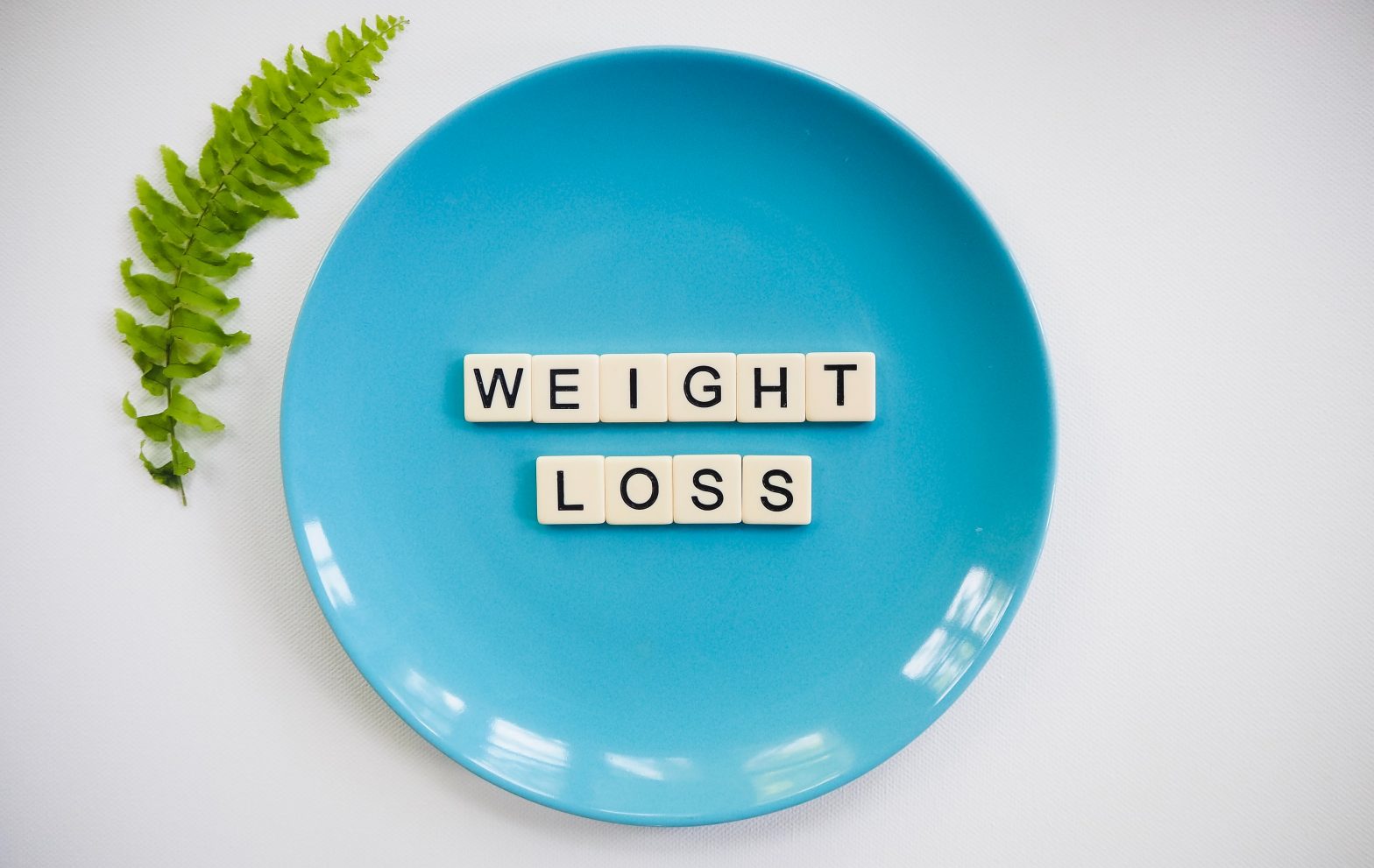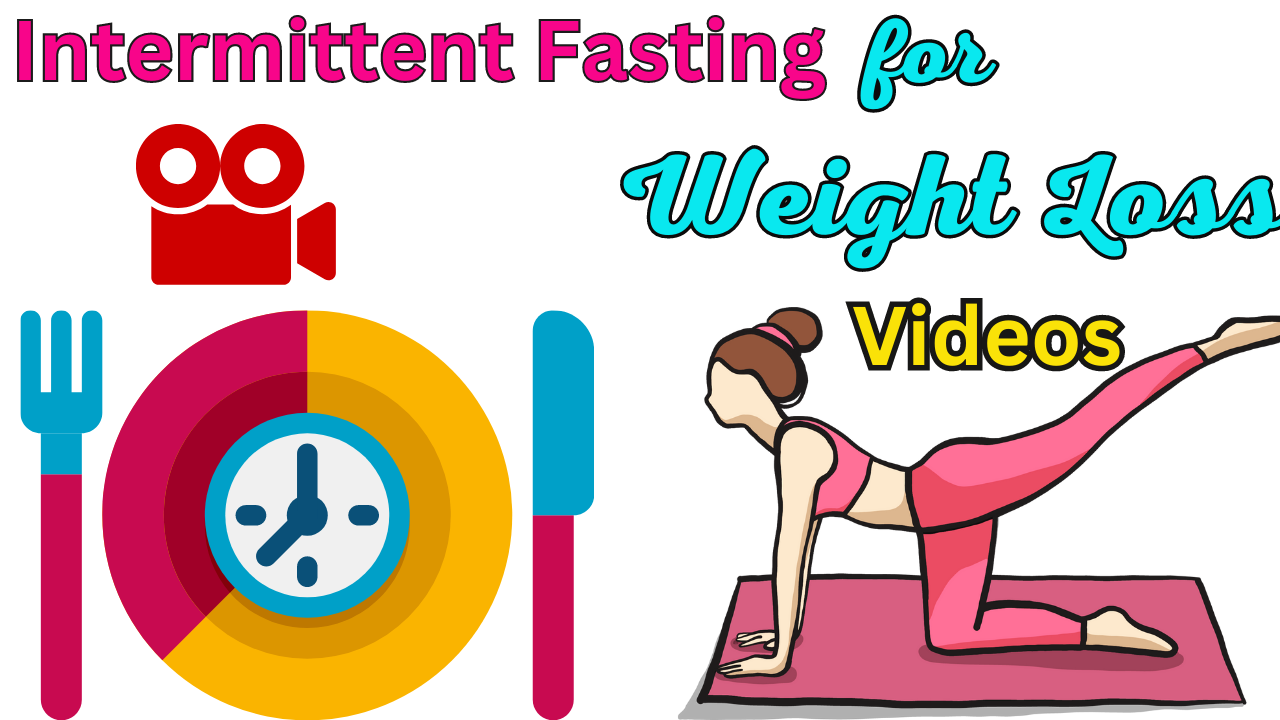
Jason Fung, who is a nephrologist and world-leading expert in the realm of fasting talks about intermittent fasting and its myths.
Worry about Starvation Mode:
The thing which people worry about intermittent fasting is that they’ve been told that they’ll go into starvation mode. What this means is that it’s your basal metabolic rate, that is the energy that you expend for your organs, liver, heart, the brain goes down. For example, if you usually burn two thousand calories a day, then in this starvation mode, you might go down to fifteen hundred calories a day.
What this means is that you may feel very cold, tired, and lethargic. It is what they refer to as starvation mode. And this is one of the main reasons people tell you not to fast.
The Truth:
Unfortunately, this isn’t true. When you look at studies of fasting, what happens to the body is entirely different. The body switches fuel sources. Instead of burning the food, it burns the food that has been stored away in your body. That’s what it’s there. And the food stored away by the body is glycogen, as also body fat, for a longer duration fast. Since there is adequate food on your body, it doesn’t need to slow down its basal metabolic rate.
What Happens on Low-Calorie Intake?
Ironically, what you do see in this starvation mode or shut down of your metabolism is when you try to restrict your calories chronically. We know that if you reduce your calories by 500 calories a day, you will eventually slow down the output of your calories. That is, the calories palette will decrease. When you try to restrict your calories chronically, you will likely go into this basal metabolic rate, slow down or starvation mode.
Effects of Fasting:
On the other hand, fasting makes these changes in your hormones that allow you to access the stores of food in your body. That is the body fat and the glycogen. It is a normal process that happens every day. When you eat, you store energy. When you don’t eat, you pull the food energy back out. If you eat small amounts constantly throughout the day, the insulin goes up. It tells your body to store food, energy, and it doesn’t allow you to bring that food energy back out or digest that.
If you follow the strategy of eating small amounts all the time, you’re not going to have access to the energy stored by the body, that is body fat. You’re not going to be able to burn it. So if you’re only taking in fifteen hundred calories, you’re only going to be able to burn fifteen hundred. It is one of the reasons that intermittent fasting or lengthening the amount of time that you spend not eating, allows those hormonal changes for you to access the body fat and the energy stored in your body.
Does it Burn Muscle?
The other primary concern that people have is that they’re going to burn muscle. And this has been promoted in lots of different places. But again, it’s not true. Why would your body store food energy as body fat when it could burn muscle for its need? That doesn’t make any sense. That’s not what happens.
If that were to happen every night that we sleep or we have a prolonged twelve-hour fasting period, we should start losing muscle over time. But that doesn’t happen. The body stores the food energy, and it takes it back out, and it doesn’t affect the muscle. And the other thing that people don’t look at is that when you don’t eat, your growth hormone goes up. When you eat again, your body will build up those necessary proteins that it needs.
Breakdown of Protein:
What you’re doing is breaking down old junky protein and rebuilding it with new protein. So, it’s the renewal process that goes up. If you look at studies, there’s been several studies of intermittent fasting or alternate daily fasting where people eat for one day and don’t eat for the next day.
Breaking the Myth:
What they found is that the lean mass is preserved much better in an alternate daily fasting strategy when compared to a daily caloric restriction. It’s because you’re getting this little bit of breakdown and then building it back. So, you’re able to maintain that protein.
It’s a lot healthier because you have turnover. Instead of having old protein, you’ve got this new protein. So those two main myths, which are the starvation mode or metabolic rate slow down, and number two, burning muscles, both of which are not true.







Leave a Reply